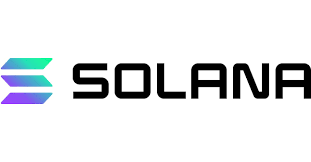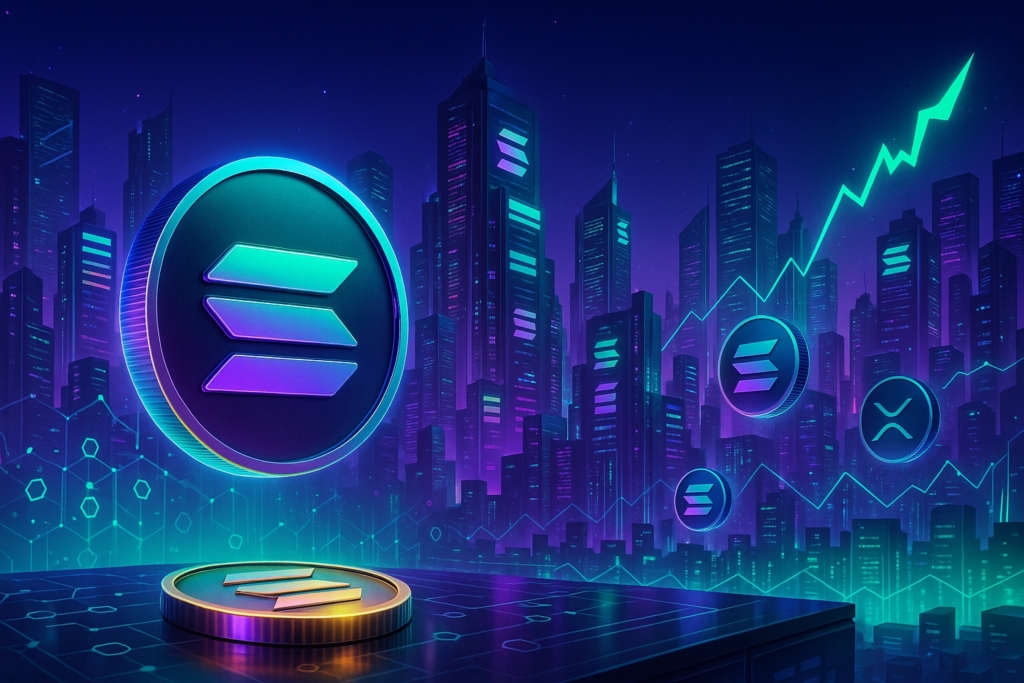Solana (SOL) has implemented zero-knowledge (ZK) compression, a tool created by Light Protocol and Helius Lab, to assist developers in reducing expenses associated with token and account creation by compressing their on-chain state.
The compression employs zero-knowledge proofs to guarantee the integrity of the data and enables data retrieval using supported RPC providers.
Developers can reduce on-chain storage costs by storing just state roots on the blockchain and keeping additional data on Solana’s ledger.
Mort Mumtaz, the CEO of Helius, highlighted the significant cost reduction and scalability enhancements achieved through ZK compression.
This technology has enabled a 10,000-fold improvement in scale by compressing the on-chain state. Austin Federa, the Head of Strategy at Solana, contended that the use of ZK compression will result in cost savings for tokens and accounts on the Solana blockchain. This, in turn, will facilitate the creation of on-chain products by a greater number of enterprises.
Nevertheless, several members of the cryptocurrency community contend that ZK compression bears a resemblance to a layer-2 (L2) network. Adam Cochran thinks that the compression tool functions as an L2 and that developers are presenting it in a distinct manner.
Ryan Berckmans, an investor in Ethereum, shares the view that the new product can be seen as an L2 (Layer 2) and commends L2s as a highly effective approach.
Anatoly Yakovenko, co-founder of Solana, explained that the product functions similarly to a Layer 2 (L2) solution, but without the typical disadvantages. It successfully circumvents numerous conventional problems while ensuring that Solana validators receive all transaction fees.
The implementation of ZK compression on Solana is a significant breakthrough, offering the potential to improve scalability and save expenses.
ZK compression has the potential to increase the usage and advancement of the Solana network by reducing expenses and enhancing scalability.
Three days ago, Solana (SOL) has experienced substantial expansion in developer engagement and market presence, posing a formidable challenge to Ethereum’s prevailing position.



